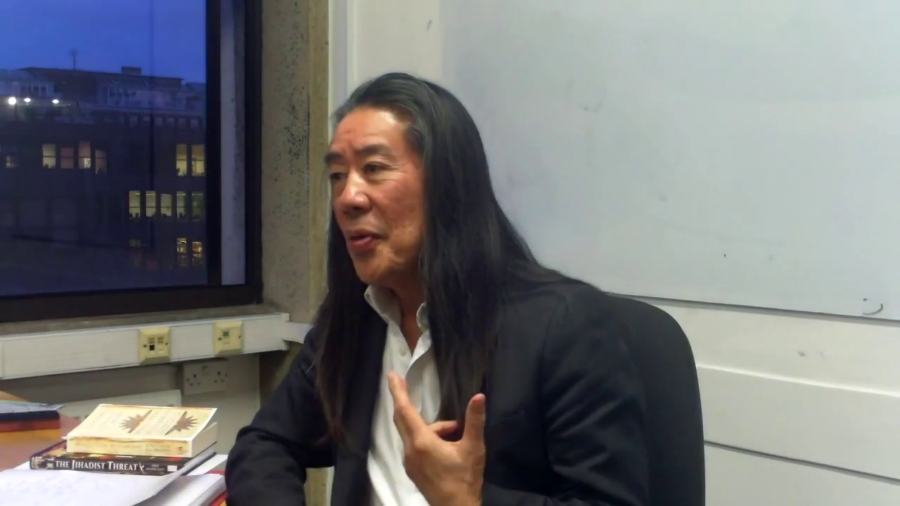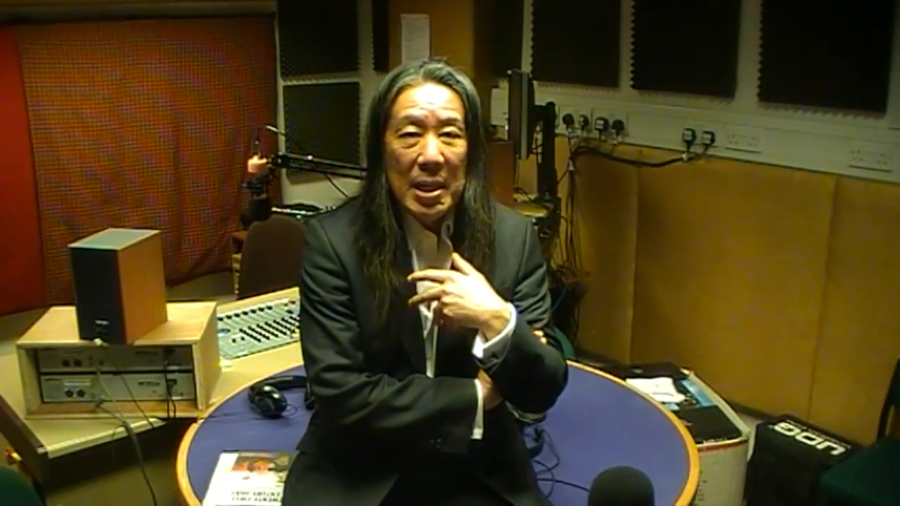We’ve talked about just war, and we’ve used just war theory as a template for discussing just rebellion. And we’ve talked about the justice that enables a rebellion to take place. And we’ve also talked about what is just conduct within that rebellion, in both cases borrowing from just war theory. What happens, however, if rebellion uses war as one of its instruments to achieve its aims?
Archive (Page 1 of 2)
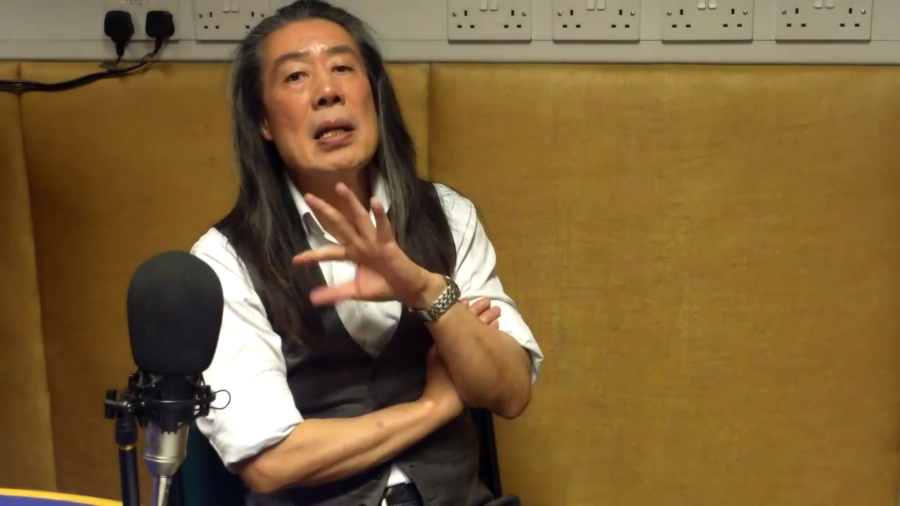
Today we’re going to have a discussion about what I call liberation pedagogy. And by this I mean a secular version of liberation theology which takes forward the same values. The same values of independence, the same values of creativity, the same values of the integrity of the individual person, even if that person is a peasant, even if that person is illiterate, even if that person is not fully formed in the modern sense.
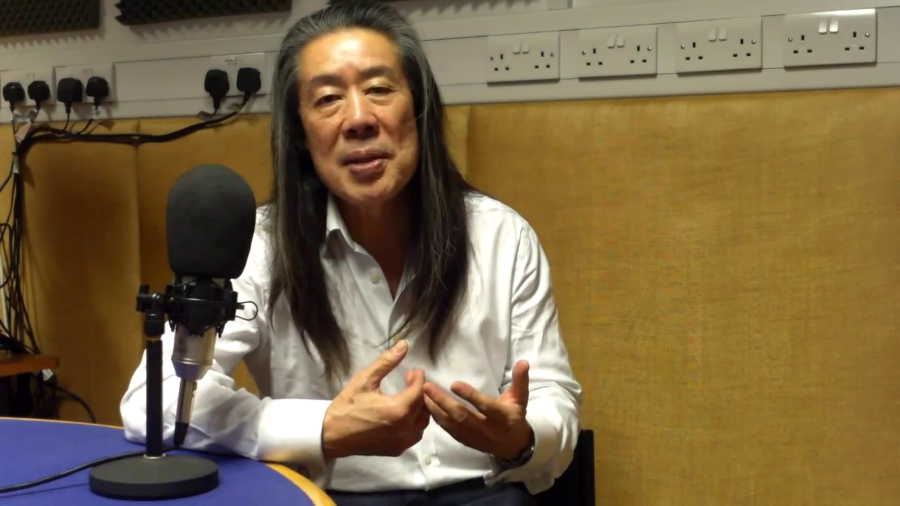
Hegel was a young lecturer at a German university at the time of the Napoleonic Wars. And the French armies were laying siege to his city and he had to evacuate. And he wrote to his friends afterwards, saying, “I have seen the future. The future comes on horseback.”
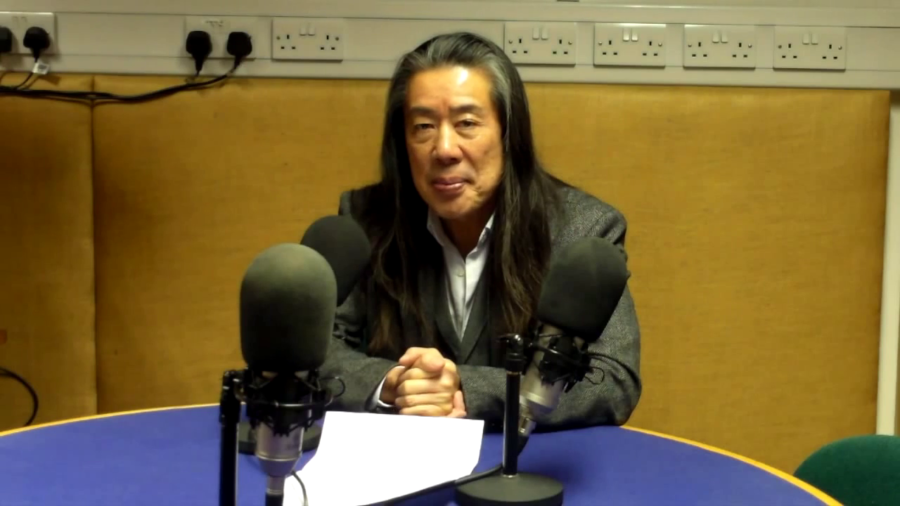
Last week we looked at the Māori rebellion in New Zealand, and we began looking at the nature of syncretic thought, thought from different cultures put together to establish a framework from which rebellion might be possible. I want to continue that particular theme this week by looking at a number of rebellions that you might loosely call “magic rebellions,” mythologically-based rebellions, but all the same looking at pathologies that are either genuinely very old, or which have been especially created for the purpose of rebellion.
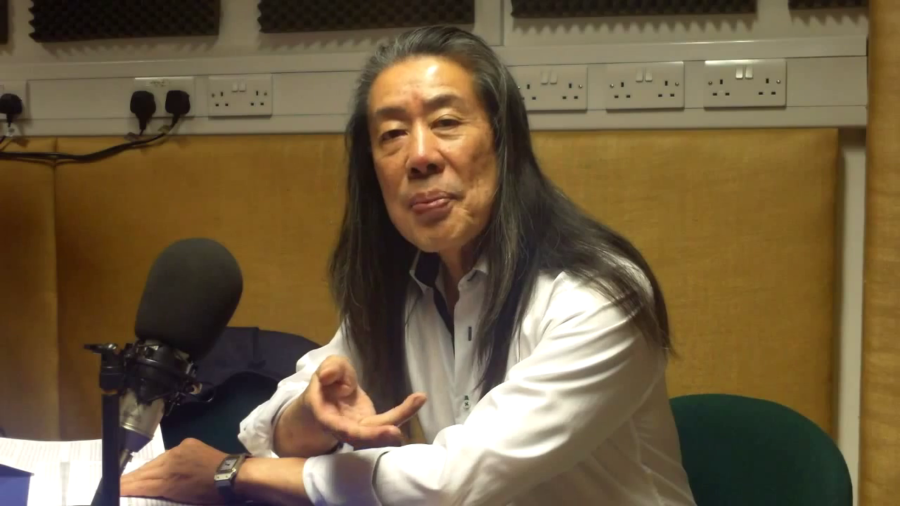
In 1840, when the first official British presence touched down in New Zealand, it was led by a very idealistic young naval captain, Captain Hobson. And he gathered together representatives of most of the tribes in New Zealand. And at the Treaty of Waitangi he agreed that there should be certain rights that would be inherent within the Māori nation if they pledged allegiance to Queen Victoria.

When we talk about rebellion, we’re usually talking about thought that is couched against the supposed rationality of the great revolutions of the modern era.
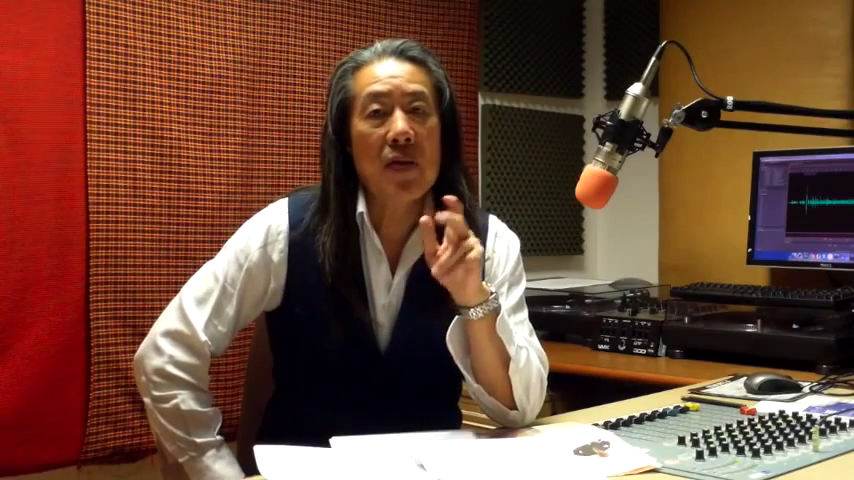
This part is going to be centered on modern-day Iran. Or, that territory that sits where ancient Persia used to sit. The great empire that challenged Greece. The great empire that challenged Rome, often extremely successfully. The country that freed the Hebrew slaves to return from Babylon. The country that instituted the first written charter of human rights to do with free religious worship.
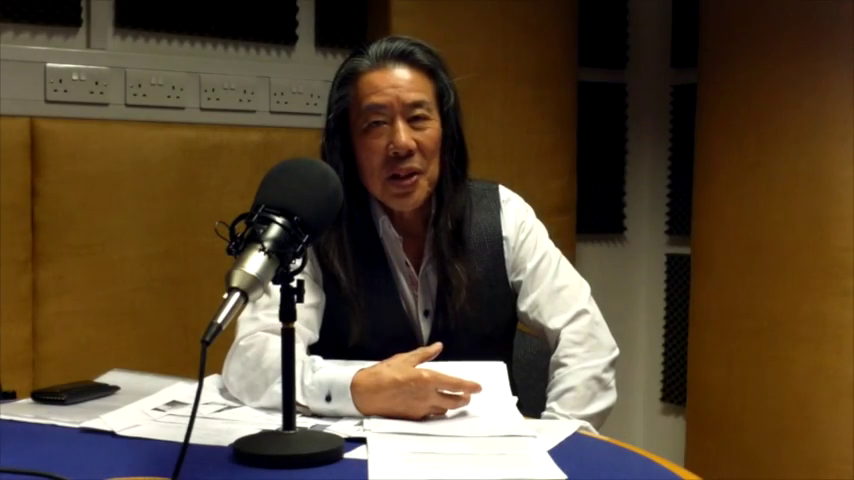
We’re going to have a brief excursion to one element of what Fred Halliday would’ve called “cultural conditions,” cultural thought that leads to rebellion. We’re going to have a look at liberation theology, and what that has to say about rebellion.

Is there a commonality of reasons for why you rise up? The idea of what is just can be very much interrogated from “do you mean in terms of justice?” And then who’s conception of justice? What philosophical, what ethical background of justice are you referring to? Or are you talking about justified? What justification leads you to rebel?

